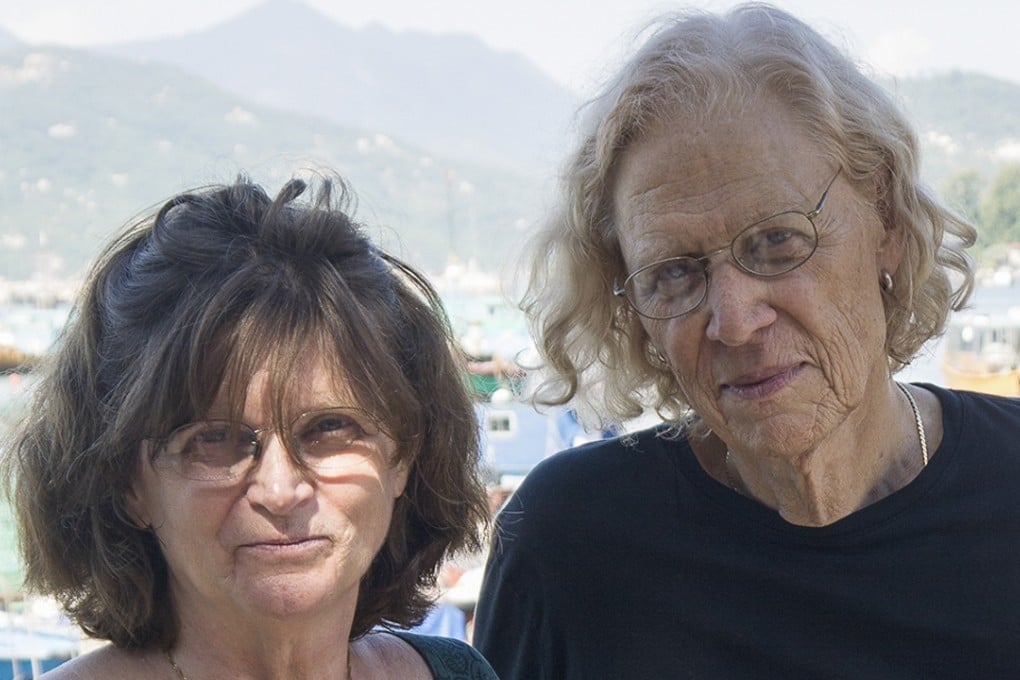Renowned marine biologists prepare report card on Hong Kong’s sea life
Couple dubbed Dr Doom and Dr Gloom for their prescient warnings of man-made damage to coral reefs say at first glance city’s waters are in better state than expected, and are encouraged by success of recent fight against shark fin trade

There was a time when the US media tagged Jeremy Jackson and Nancy Knowlton as Dr Doom and Dr Gloom. The two American scientists were dismissed as scaremongers for forecasting bleak scenarios of dying coral reefs and devastated marine habitats. But the two early advocates for ocean conservation have since been vindicated.
Sometimes described as rock stars of marine studies, their standing now transcends the realms of science: both are cited extensively by their peers in the world of academia but they are also particularly adept at communicating the basics to regular people.
Jackson’s 2010 TED lecture, titled “How we wrecked the ocean”, has been viewed by more than 538,000 people. Knowlton is widely regarded as “the queen of marine biodiversity” and her Ocean Portal website, which she hopes to have translated into Chinese, attracts more than two million visitors annually.
The pair were in the city recently to help mark the 25th anniversary of the Swire Institute of Marine Science (Swims), a research centre under the University of Hong Kong’s science faculty. More importantly, it marked the start of their three-year visiting professorship at Swims. During this time, they will spend a month each year in Hong Kong, working in its polluted waters and along its rubbish-strewn coastline.
Their impetus was to explore collaboration with Swims on a long-term international study of coastal marine biodiversity and ecosystems, which Knowlton helped set up. Called the Marine Global Earth Observatory (Geo) project, the study is directed by the Smithsonian Institution, where she is the Sant Chair for Marine Science.
MarineGEO Hong Kong project to use ‘underwater condominium’ to monitor sea life
“Hong Kong will be part of this pioneering network looking at global changes in coastal biodiversity” and Swims will be the first participant in Asia, she says.
